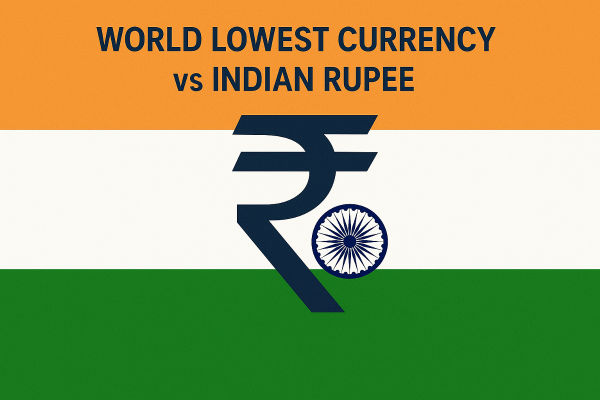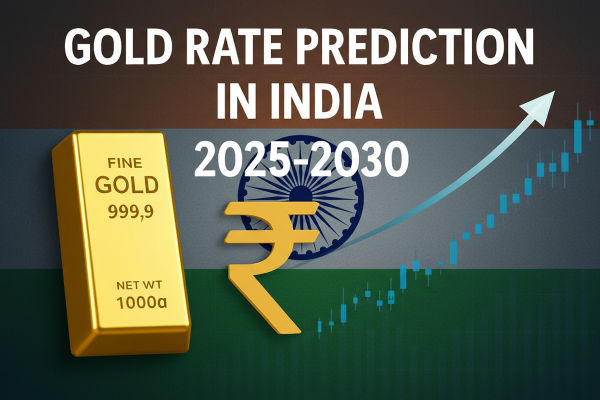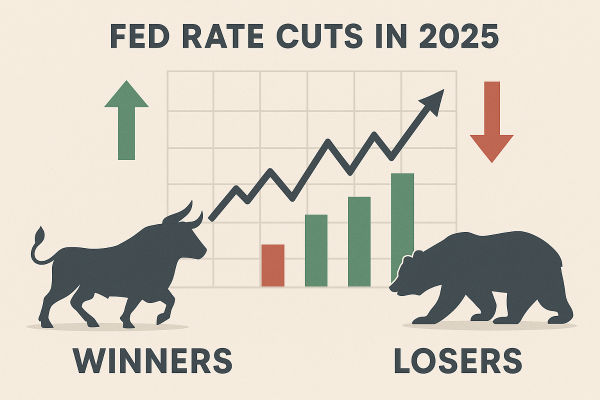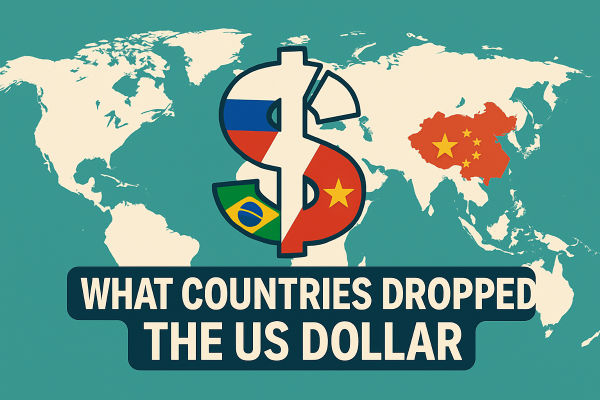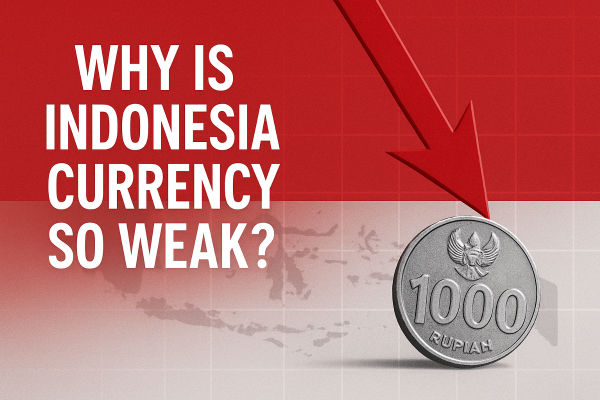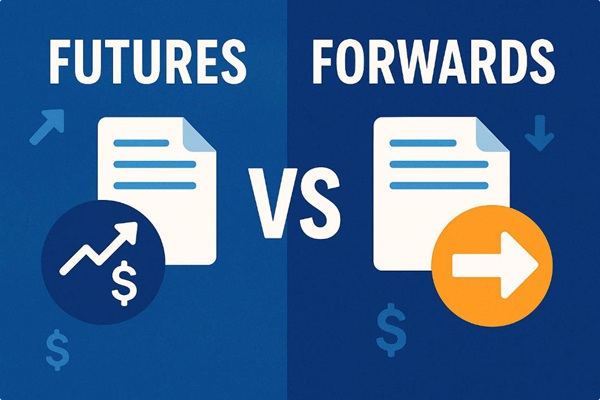As of September 2025, the Lebanese Pound (LBP) stands among the weakest currencies in the world compared to the Indian Rupee (INR). In the parallel market, one INR currently equals approximately 1,014–1,018 Lebanese Pounds.
Other extremely low-valued currencies include the Iranian Rial (IRR), Vietnamese Dong (VND), and Sierra Leonean Leone (SLL). Each faces a combination of sanctions, hyperinflation, weak monetary policy, trade deficits, or political instability.
This article ranks the world's weakest currencies vs INR in 2025, explores the reasons behind their weakness, and discusses the implications for Indian traders and investors.
World's Lowest Currency vs Indian Rupee: Top 11 List
| Rank |
Currency |
Approx. Value per 1 INR |
Key Reason for Weakness |
| 1 |
Lebanese Pound (LBP) |
₹1 ≈ 1,014–1,018 LBP* |
Hyperinflation, political/economic crisis |
| 2 |
Iranian Rial (IRR) |
₹1 ≈ 300–500 IRR* |
Sanctions, dual exchange rates, money printing |
| 3 |
Vietnamese Dong (VND) |
₹1 ≈ 290–300 VND |
Large money supply, export dependence |
| 4 |
Sierra Leonean Leone (SLL) |
₹1 ≈ 250–260 SLL |
Inflation, import dependence |
| 5 |
Laotian Kip (LAK) |
₹1 ≈ 230–240 LAK |
Currency depreciation, debt burden |
| 6 |
Uzbekistani Som (UZS) |
₹1 ≈ 145–150 UZS |
Inflationary pressures, weak investment inflows |
| 7 |
Paraguayan Guarani (PYG) |
₹1 ≈ 85–90 PYG |
Structural weaknesses, low FDI |
| 8 |
Indonesian Rupiah (IDR) |
₹1 ≈ 180–185 IDR |
Long-standing high nominal value |
| 9 |
Guinean Franc (GNF) |
₹1 ≈ 120–125 GNF |
Commodity dependence, weak monetary system |
| 10 |
Congolese Franc (CDF) |
₹1 ≈ 105–110 CDF |
Political instability, weak fiscal policy |
| 11 |
Tanzanian Shilling (TZS) |
₹1 ≈ 30–35 TZS |
Inflation, low industrial base |
Listed above are 11 of the weakest currencies against the INR as of 2025, with approximate exchange values. [1]
Note: *Estimates based on market/parallel rates where applicable.
What About the Indian Rupee? Where It Stands and Trends
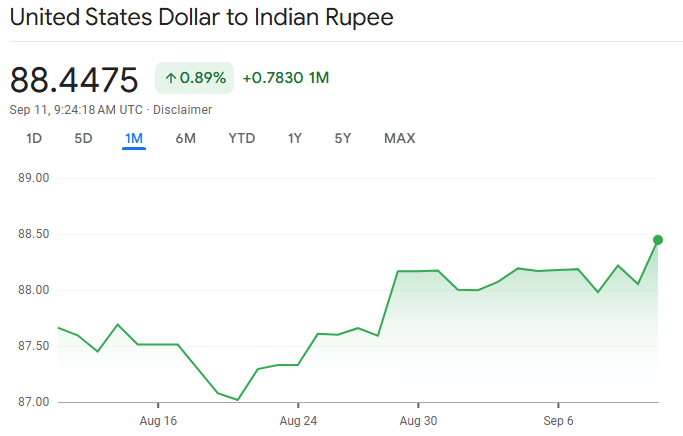
The Indian Rupee has recently weakened against the U.S. dollar, breaching ₹88 per USD in late August 2025 for the first time. [2]
However, this depreciation does not translate to weakness against hyper-depreciated currencies like LBP or IRR. Compared to these, the INR remains relatively strong, highlighting the gap between emerging market pressures and extreme currency collapses.
Global Context: INR vs Strong Currencies
While INR looks robust compared to the world's weakest, it tells a different story against major strong currencies:
USD/INR: Rupee weakens steadily on account of U.S. monetary tightening.
EUR/INR: Volatile but broadly stable, depending on energy and trade flows.
JPY/INR: The Japanese Yen remains globally respected despite being nominally lower in value than INR.
Why These Currencies Are So Weak vs INR and USD
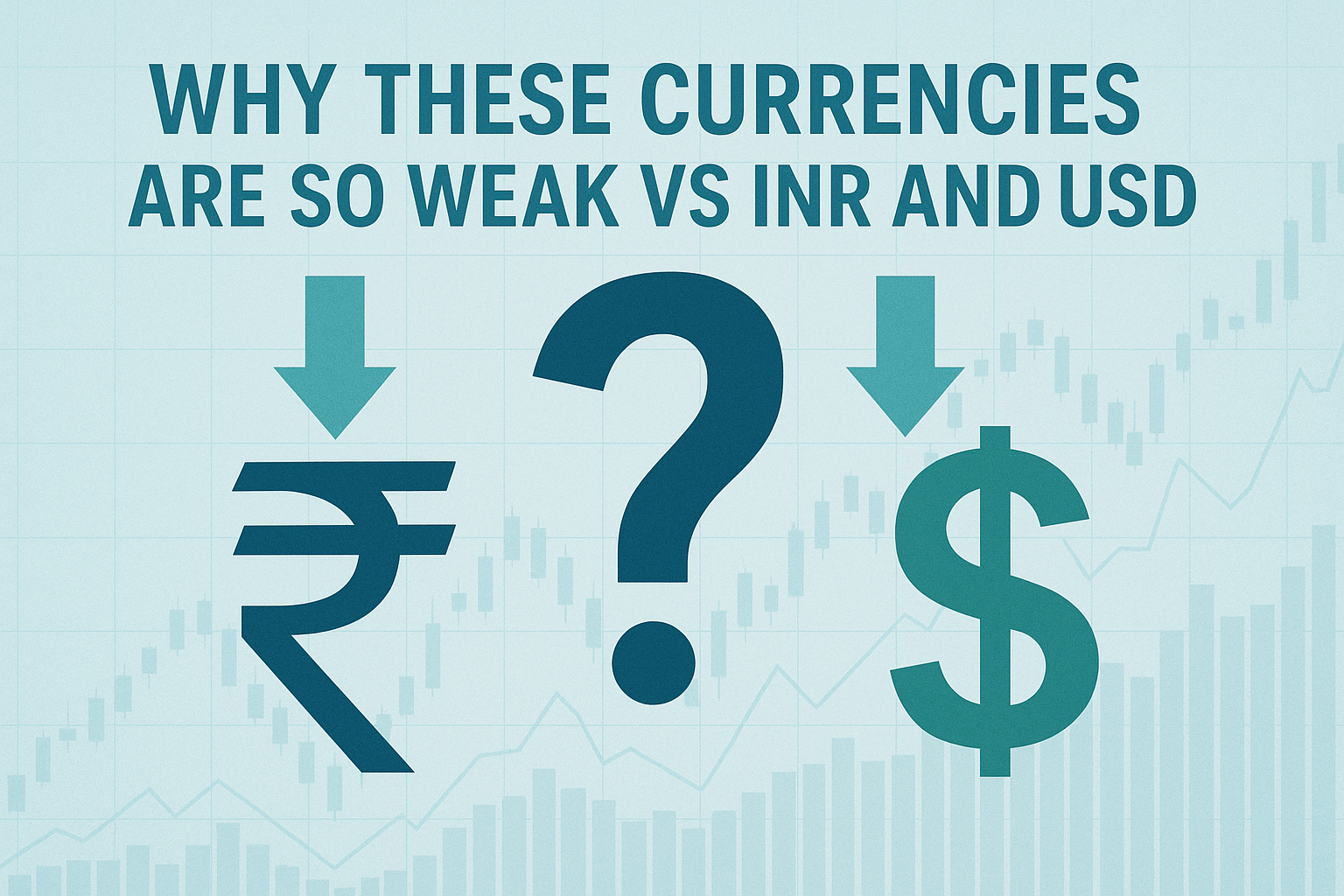
Despite being from different regions, these currencies share common weaknesses:
1) Inflation & Hyperinflation
Runaway inflation erodes purchasing power.
Example: The Iranian Rial (IRR) suffers from years of inflation, worsened by sanctions and currency over-supply.
2) Political Instability & Sanctions
The Lebanese Pound collapsed due to banking crises, political gridlock, and a lack of reforms.
3) Trade Deficits & Import Dependence
Countries that depend significantly on imports must purchase foreign currency, exhausting their reserves.
4) Weak Monetary Policy
When central banks are unable to control the money supply or fail to anchor expectations, currencies tend to depreciate sharply.
5) Capital Flight & Low Foreign Investment
Political uncertainty deters investors, reducing demand for local currencies.
6) Currency Controls & Peg Failures
Dual or multiple exchange rate systems (like in Lebanon, Iran, and Zimbabwe) often collapse, leading to parallel market rates.
What Are the Impacts on Indian Forex Traders?
For Indian traders, knowing which are the weakest currencies vs INR is more of an economic signal than a practical trading opportunity:
1) Exotic pairs are illiquid and risky → INR/LBP or INR/IRR markets are thin, with wide spreads and unreliable pricing.
2) Majors matter more → USD/INR, EUR/INR, JPY/INR remain the most relevant for forex trading.
3) Investor takeaway → Weak currencies reflect macroeconomic instability but rarely translate into investable opportunities for Indians.
What Should Investors Monitor Moving Forward?
1) Inflation Reports
Sudden spikes often precede sharp devaluations.
2) Central Bank Policies
Use of reserves, interest rate hikes, or reforms.
3) Political Events
Elections, sanctions, or wars cause significant currency shocks.
4) Global Commodity Prices
Key for resource-exporting nations (oil, minerals, crops).
5) Currency Reforms
Redenomination (dropping zeros) or de-pegging often resets nominal values but not real strength.
Frequently Asked Questions
1. What Is the Weakest Currency in the World Compared to the Indian Rupee in 2025?
As of September 2025, the Lebanese Pound (LBP) is the weakest currency vs INR, with ₹1 ≈ 1,014–1,018 LBP in the parallel market.
2. How Does the Iranian Rial Compare to the Indian Rupee?
The Iranian Rial (IRR) also ranks among the weakest. One INR equals roughly 300–500 IRR, depending on whether you use official or parallel rates.
3 Does a Weak Currency Mean a Country Is Poor Compared to India?
Not always. For example, Japan's Yen and South Korea's Won have lower nominal values than the INR, but both economies are wealthy and stable.
4. Which Currency Is the Strongest Compared to the Indian Rupee in 2025?
The Kuwaiti Dinar (KWD) remains the strongest, with 1 KWD worth over ₹280. The Omani Rial (OMR) and Bahraini Dinar (BHD) also top the list.
5. Will the Indian Rupee Weaken Further Against USD in 2025?
Analysts expect a gradual depreciation as the U.S. Fed maintains high rates. However, RBI interventions may provide short-term support.
Conclusion
In conclusion, the Lebanese Pound ranks as the weakest currency against the INR in 2025, with the Iranian Rial and Vietnamese Dong closely trailing behind. These currencies highlight how hyperinflation, sanctions, and poor monetary management can devastate value.
For India, the rupee may look strong compared to collapsing currencies, but its trajectory against USD, EUR, and JPY will define economic stability in the coming years.
The key takeaway for traders and investors is not chasing exotic weak currencies, but building diversified portfolios and focusing on liquid, stable pairs like USD/INR.
Disclaimer: This material is for general information purposes only and is not intended as (and should not be considered to be) financial, investment or other advice on which reliance should be placed. No opinion given in the material constitutes a recommendation by EBC or the author that any particular investment, security, transaction or investment strategy is suitable for any specific person.
Sources
[1] https://wise.com/us/currency-converter/inr-to-lbp-rate/history
[2] https://www.reuters.com/world/india/rupee-plunges-all-time-low-steep-us-tariffs-logs-4th-month-loss-2025-08-29/
